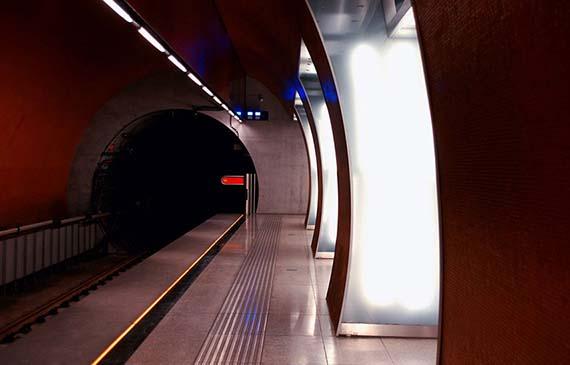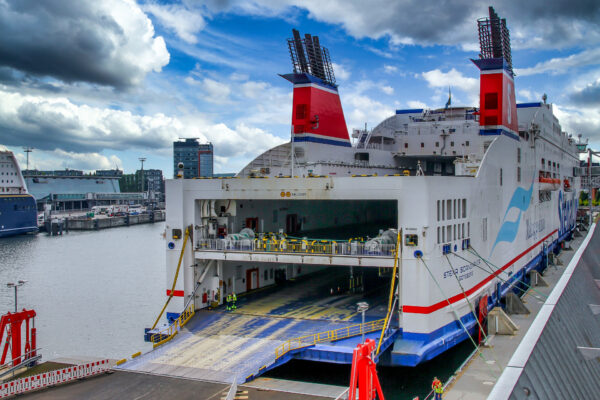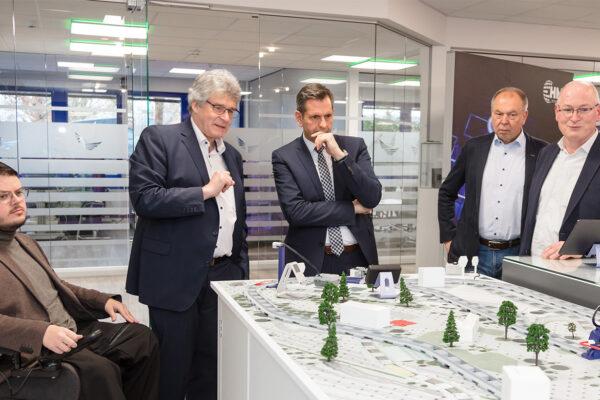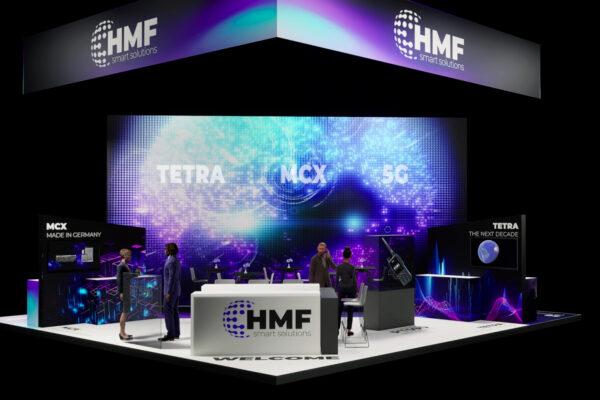Metro Budapest is one of the oldest underground systems in Europe. With the new M4 line, the existing route network is expanded with a connection from southwest to northeast. As the first fully automated metro, the communication system demands future-oriented technologies. To satisfy the requirements on flexibility, efficiency and economics, we were able to provide the best solution. As a result, we were authorised in 2012 by Siemens Convergence Creators to implement an independent TETRA mobile radio system for the M4 line.
Metro M4 is an advertisement for innovation in Hungary. Highlight of the metro are the trains without drivers, which transport the passengers in a fully automated way without train personnel. This imposes special demands on reliability and flexibility of the communication system.
Our powerful TETRA mobile radio system guarantees a stable and secure voice and data communication. Over a network length of 7.4 km, more than 120 subscribers can communicate under the surface. Our robust system transmits data and voice information. This provides the continuous data exchange between the train-based applications and the Operations Control Centre (OCC). Besides the reliable operation, an effective communication and low maintenance costs, a minimum bandwidth suffices for our system in the very small spectrum.
Our Solution
Our powerful ACCESSNET®-T IP mobile radio system for the metro line M4 consists of four base stations DIB-R5, which are connected with the switching node via the IP backbone. An extensive network management system permanently monitors all the components of the mobile radio system and analyses the current performance of the network.
Additional applications expand the scope of functions on a customer-specific basis: A voice recording system enables a configurable recording and playback of transmitted voice communication. The dispatcher provides an user-friendly management of the subscribers, calls and text messages. Both applications are external applications and thanks to the multifunctional ACAPI interface conveniently integrated in the system.
The route of Metro M4, which is largely underground, poses special challenges for the mobile radio system: The base stations are equipped with indoor aerials, which optimally distribute the radio signals on the underground route. The exact setting for time and cycle of the mobile radio network is guaranteed even under the surface (without GPS reception).
Highlights of our solution
- Flexible, individually adapted TETRA mobile radio system for managing the voice and data traffic
- Indoor coverage
- Synchronisation of cycle and time without direct GPS reception for implementing the mobile radio system under the earth’s surface
- Expanded security functions through authentication mechanisms and redundant system design









